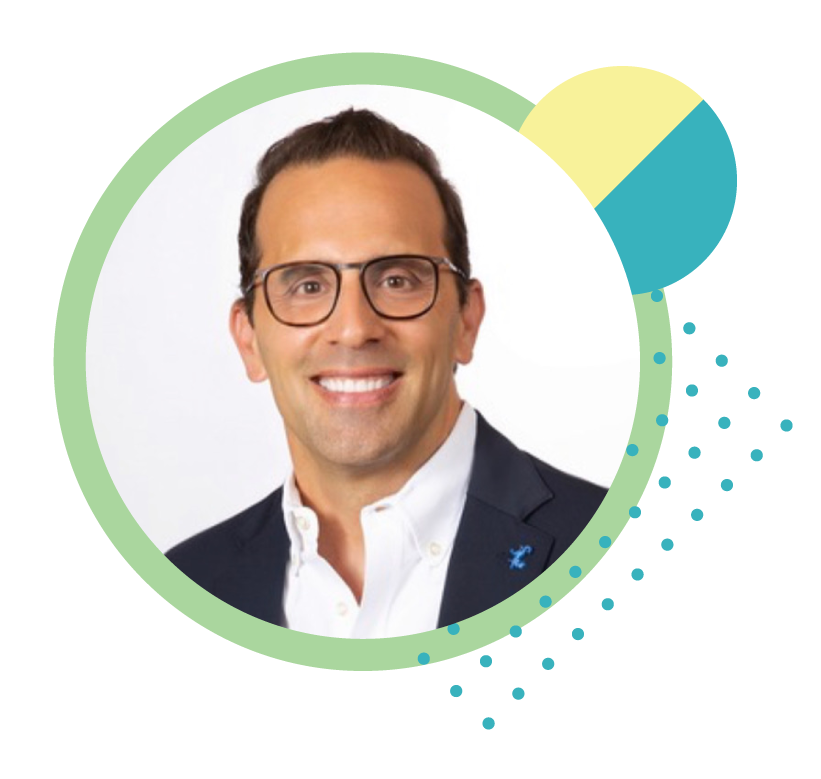Building Right-Fit Companies that Create Commitment
What can we do about the 8.8 trillion dollars of lost productivity in the workplace due to disengagement?
Over the course of the last year I spent conducting research and interviews for my new book “Wrong Fit, Right Fit – Why How We Work Matters More Than Ever”, one thing became crystal clear. We are in a crisis of commitment in the workplace where talent (employees) are struggling to thrive and companies (employers) are searching for ways to make work less work.
The key piece of data that spurred my interest in writing the book came from Gallup. In their 2023 State of the WorkPlace Report, Gallup estimated that there is $8.8 trillion dollars in lost productivity in the workplace globally due to disengagement. That represents a shocking 9% of the global GDP. When I dug in even further, the picture was even more disturbing:
75% of Americans experience the “Sunday Scaries” (-LinkedIn)
30% of new joiners leave their jobs in the first 90 days citing a mismatch of expectations (-Jobvite)
82% of employees and 90% of managers feel unprepared for the future of work (-Gartner)
53% of managers are burnt out (-CNBC)
40% of employees feel isolated at work (-EY)
There is a zero correlation between the espoused values of a company (what we put on paper) and the felt experience day-to-day. (-MIT)
Through 100+ interviews with talent (from CEOs to new entrants to the workforce), it was clear that the issue isn’t good or bad culture or toxic or engaging work environments, at least not exactly. The issue is more nuanced and lies in this idea of right or wrong fit. What I found was that there is no perfect way to run a company. Many issues we are seeing can be explained in part as a mismatch between how a company works day-to-day and how a given talent prefers to get work done. What we found is that engagement and commitment is less about the espoused values of a company (what we say we are) and more how we do work day-to-day. How do we set strategy? Collaborate? Solve problems? Manage conflict? Give feedback? Socialize ideas? Develop our people? What is our relationship with time? What are our beliefs about rest and recovery?
Clarity around these work principles and practices are essential to building a high commitment culture and attracting the “right fit” talent to a company. When talent has “right fit” work flows, the days feel easier, we are at our most productive, our competence and confidence grows, and work feels like less work.
So, what can we do to build for “right fit” and create a high commitment company?
First, we must create a foundation of psychological safety by ensuring that every manager and every employee has the foundational skills to create a safe and harassment-free workplace.
Second, we must ensure authenticity and transparency in how work gets done day-to-day. Those ways of working must be well defined, consistent, and taught to every employee across the company. Clarity and transparency is often the first step to inclusion and belonging.
Third, we need avenues where any employee can use their voice when a leader, manager, or peer is not working in a way that is consistent with our chosen ways of working.
Lastly, it is vital that we are constantly looking for ways to evolve how we work over time and are actively re-recruiting our talent back to the company as frequently as possible.
I’ve spent two decades helping big companies feel small and I’ve seen how buyers reward the most ethical brands because it’s simply the right thing to do. Today, I’m inspired to serve as a board member for Syntrio as they are working hard to help build better companies. Their unwavering focus on improving our world by creating civil and respectful workplaces reminds me that it’s the people who make a difference – and when employers get it right, engagement, productivity, and commitment soar.
Wrong Fit, Right Fit
Why How We Work Matters More Than Ever

